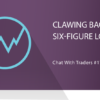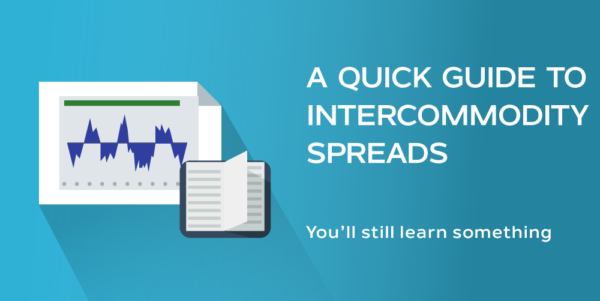
So you have decided that managed futures may play a role in your overall investment strategy. The question now becomes which managed futures programs you may want to consider. No two investment strategies and managed features are identical.
When looking at managed futures programs, you will most like work with a commodity trading advisor, or a CTA. A CTA is an individual or an organization who advises you on the value or availability of futures or options on futures.
Before deciding on a CTA, make sure you take the following four questions into consideration.
What is the Required Minimum Investment?
You may be able to get into a CTA program with as little as a few thousand dollars. On the other hand, some CTAs may have minimum investment requirements that are hundreds of thousands or even millions of dollars. Because only risk capital should be used, programs with smaller minimums may be more appropriate for many investors.
What Are Your Trading Goals?
If diversification is one of your objectives, you might want to consider what markets you want to trade in as well as the trading methodology. For example, a CTA that trades stock index futures on a position trading basis may exhibit a strong correlation to overall equity market performance. If you have a stock portfolio, this may not provide needed diversification. A CTA that swing trades agricultural markets, however, will show little to no correlation to the stock market.
Are There Any Trading Commissions?
Commissions and fees can eat away at the value of your account. A CTA that trades 8000 round-turns per million trades significantly more than a CTA that whose program trades 2000 round-turns per million. A CTA will outline maximum commission costs in their disclosure document. If the CTA is very active, it’s important to consider the commission rates you may be paying. Even with a CTA that is less active, commissions and fees and their potential impact on performance must be considered.
What is Their Track Record?
Keeping in mind that past performance isn’t necessarily indicative of future results. You need to consider a CTA’s overall track record and its length. A CTA that has shown great results but has only been trading for six months may have not yet encountered a losing streak or adverse market conditions. A CTA with a consistent track record spanning many years has likely encountered various types of market conditions and may be more battle tested. While you may be inclined to look for programs with the highest returns, consistency and keeping drawdowns to a minimum are as important, if not more important elements of the program.
For investors with larger amounts of risk capital, you can also consider a portfolio of various CTA programs encompassing different markets and trading strategies.
Managed futures can play a role in an overall investment strategy. That being said, managed futures carry substantial risk of loss and are not suitable for all investors. Only risk capital should be used. An investor may lose more than their original investment.










